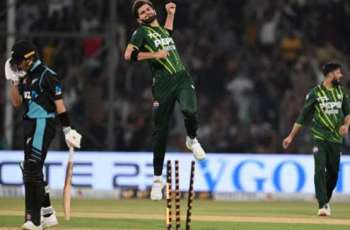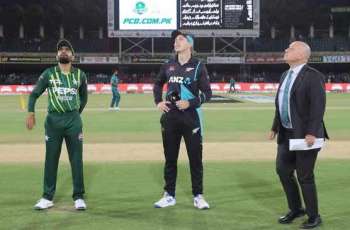MOSCOW (Pakistan Point News / Sputnik - 13th June, 2020) International Testing Agency (ITA) said on Friday that it had completed reanalysis of samples from the London 2012 Olympic Games uncovering more than 80 anti-doping rule violations.
"In this respect, the ITA has just finalized the London 2012 re-analysis program that saw more than two-thirds of all urine samples collected at the time of the Games re-analyzed and, in total, more than 80 anti-doping rule violations uncovered, allowing in some instances the reallocation of Olympic medals to their rightful owners by the IOC," the organization said in a statement.
In 2018, the International Olympic Committee (IOC) announced the launch of the reanalysis program to re-examine samples from the 2012 Olympic Games in London. The IOC has delegated results management to the ITA, which is in charge of reviewing all the test results and notifying athletes concerned.
The reanalysis was launched against the backdrop of the 2016 scandal, when a number of Russian athletes and sports officials were accused of running an institutional doping conspiracy during the 2014 Sochi Winter Games. In December, the World Anti-Doping Agency (WADA) imposed a four-year ban on Russian athletes' participation in international sporting events due to alleged manipulation of the Moscow anti-doping lab data.
ITA confirmed that WADA transferred more than 50 priority cases of Russian athletes suspected of violating anti-doping rules.
"The board was furthermore informed that ITA's Legal Affairs Department was handed over 50 priority athlete cases by WADA in the framework of 'Operation LIMS' that probes into doping in Russian sport and conducts the Moscow laboratory re-analysis program," the statement added.
WADA's decision to ban Russia from taking part in international sporting events was criticized by Russian sport officials and lawmakers. Russian President Vladimir Putin said that WADA's ban violated the Olympic Charter and was politicized, and Moscow, therefore, had all reasons to challenge the decision. The Court of Arbitration for Sport is set to consider the dispute in the case of WADA and the Russian Anti-Doping Agency in early November.



